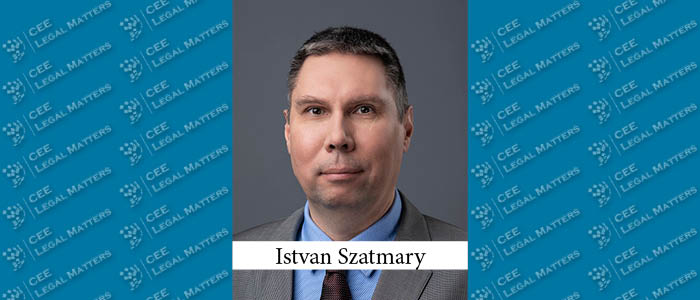2022 brought many changes in competition law in Hungary and, as far as we can see, 2023 will not be any different. Here is a short summary of what was on the table in 2022 and what the consequences are.
In the first half of 2022, the competition law community was preparing for the application of the new rules relating to online trading platforms as well as on pricing information for products sold at discounted prices. These rules seem to be relatively technical at first sight, but the standards for their application had been established well before the official entry into force (May 25, 2022) of the new legislation. As a result, the planning of marketing campaigns focusing on price discounts now requires more scrutiny by players in the retail sector.
Influencer marketing has become a widely used tool in commercial communication and raised several novel questions. Authorities began to deal with those issues in various decisions but, in 2022, the Hungarian Competition Authority summarized its expectations and best practices in a notice published following a public consultation. A somewhat novel approach taken by the authority is that even a virtual entity (such as an animal, a mascot, a digital character, or an avatar) can be considered an influencer if it creates and publishes online content on its own website, social media page, video sharing, or other online platform.
Internal and preventive compliance plays an ever-growing role in major groups. Companies realize that the sooner an infringement is detected the less harm is caused, in monetary terms and in terms of managerial time and effort. Along these lines, and to help protect valuable sources within organizations, the EU issued the whistleblowing directive back in 2018. Member states had to transpose the directive until mid-2022. Some member states (including Hungary) missed the transposition deadline, and the Commission referred these cases to the Court of Justice of the EU. Non-compliance causes tension within groups operating on a cross-border level, particularly if HQ already applies the rules while, at the same time, subsidiaries do not have the proper legal ground rules to apply the same.
Then the New Year brought significant changes to merger control and antitrust enforcement. In merger control, one of the most significant changes is the increase of notification thresholds – a change that reflects the effects of inflation as well as the trends of the forint/euro exchange rate. In line with the ever-harsher enforcement of mandatory rules, the current minimum amount of fines for gun jumping is removed but, at the same time, the upper limit has increased. However, for companies, the most relevant new development is the introduction of the approach of the Commission regarding the timing of notifications: it will be possible to officially notify a transaction (even if signing has not taken place) if the parties can demonstrate their good-faith intention to proceed with the deal.
As regards antitrust enforcement, an innovative new tool is introduced: the warning letter. The chairman of the Hungarian Competition Authority became entitled – without opening a formal investigation and without declaring that a possible infringement has taken place – to issue a warning letter to market players. Such warning letters may be issued when the authority considers that market trends indicate potential infringements of competition rules. Its purpose is to enable the authority to communicate directly with market players and share its concerns about the possible infringement. In their reply, market players can describe their views on the content of the warning letter, including steps they may have taken, or they may take to ensure compliance with competition rules.
For 2023, we expect a similarly active approach from the authority as we saw in 2022. This includes the issuance of new guidance in the field of green claims (greenwashing) and in merger control, where a public consultation has already started. The transposition of the Representative Actions Directive and the entry into force of the new rules in 2023 will open new horizons for consumer protection associations, both within and outside of Hungary. It is yet to be seen what impact the new rules will have on the judicial enforcement of consumer protection rules, but companies active in the B2C segment should watch out for the developments this year.
By Istvan Szatmary, Partner and Head of Antitrust and Competition, Oppenheim Law Firm
This article was originally published in Issue 10.3 of the CEE Legal Matters Magazine. If you would like to receive a hard copy of the magazine, you can subscribe here.
